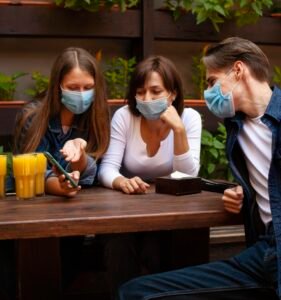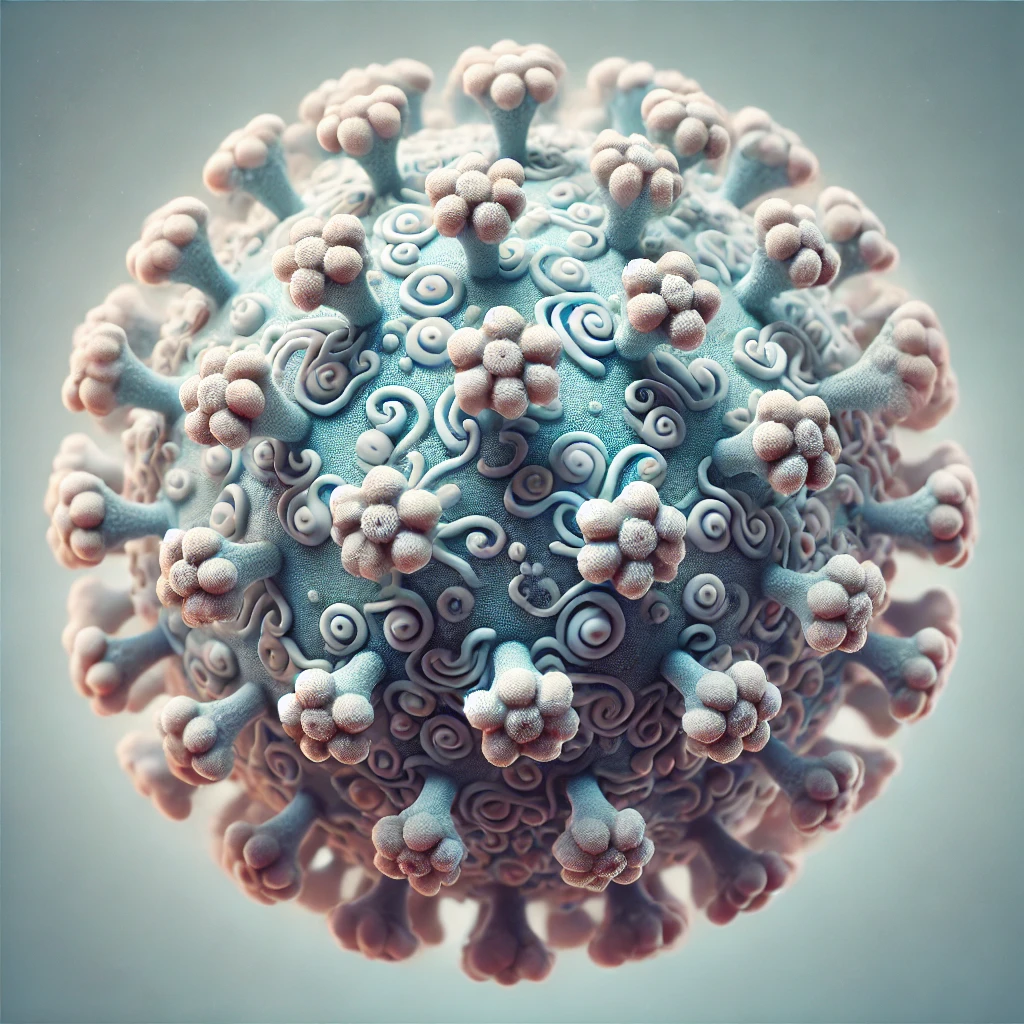
Q.1 Why do I get sick for health?
Understanding Your Health
Getting sick is a part of life, but understanding why it happens can help you take better care of your health. Your body is a complex system; when something goes wrong, it can lead to disease.
Common Causes of Sickness
Germs: Bacteria, viruses, and other germs are the main cause of most diseases. They can enter your body through your mouth, nose, or even a cut on your skin. Washing your hands and avoiding sick people can help keep germs at bay.
- Germs: Bacteria, viruses, and other germs are the main cause of most diseases. They can enter your body through your mouth, nose, or even a cut on your skin. Washing your hands and avoiding sick people can help keep germs at bay.
- Weak Immune System: Your immune system fights germs. If it’s weak, you’re more likely to get sick. Eating healthy foods, getting enough sleep, and exercising can help keep your immune system strong.
- Stress: Stress can weaken your immune system, making getting sick easier. Finding ways to manage stress, such as meditation or hobbies, can improve your health.
- Poor Diet: Not eating the right foods can make you more susceptible to disease. A balanced diet full of fruits, vegetables, and whole grains supports overall health.
Taking Care of Your Health
To avoid getting sick, pay attention to your health. Eat well, exercise, get enough sleep, and manage stress. By taking these simple steps, you can improve your health and reduce your chances of getting sick.
Q.2 How do the disease-causing germs invade my body?
Understanding Germs
Germs are tiny organisms that can cause illness. These include bacteria, viruses, fungi, and parasites. They are found everywhere—in the air, water, soil, and on surfaces we touch daily. Some germs are harmless, but others can make us sick.
How Germs Enter the Body
Germs can invade our bodies in several ways. The most common entry points are:
Mouth: When we eat, drink, or touch our mouths with unclean hands, germs can enter our digestive system.
Nose: Breathing in contaminated air can cause respiratory infections.
Eyes: Touching our eyes with dirty hands can introduce germs.
Cuts and Sores: Broken skin can act as an open door for germs to invade.
Intimate contact: Some germs are spread through physical contact, especially during intimate moments.
How Germs Spread
Germs can spread from one person to another through:
- Touching contaminated surfaces
- Sharing personal items
- Sharing personal items
- Not washing hands properly
Protecting Your Health
To keep your body safe from disease-causing germs, it’s important to:
- Wash hands regularly with soap and water.
- Cover your mouth when coughing or sneezing
- Clean and disinfect surfaces often
- Avoid sharing personal items like towels or toothbrushes.
- Keep wounds clean and covered until they heal.
By understanding how germs invade the body and taking simple steps to protect yourself, you can maintain good health and reduce the risk of getting sick.
Q.3 What does the immune system do?
How the Immune System Works
The immune system is made up of different parts, such as white blood cells, antibodies, and organs such as the spleen. These parts work together to find and destroy anything that could make us sick. When something harmful enters the body, the immune system reacts quickly to attack and remove it.
Why the Immune System Is Important for Health
A strong immune system is the key to staying healthy. It helps prevent infections and diseases. When our immune system is strong, it can fight most germs before they cause problems. However, if the immune system is weak, we may get sick more often.
How to Keep Your Immune System Healthy
To keep your immune system functioning well, it’s important to eat a balanced diet, exercise regularly, and get enough sleep. Staying healthy also means avoiding stress and taking care of your mental well-being.
A healthy immune system is crucial for overall health, protecting us every day from things that could harm our bodies. Taking care of it should be a top priority for everyone.
Q.4 What is the difference between bacteria and viruses?
Your phone is one of the dirtiest things you own. We touch it all the time, but how often do we clean it? Germs from your hands, face, and even the air can settle on your phone, making it a breeding ground for bacteria.
2. Kitchen Sponge
A kitchen sponge is used for cleaning, but it often becomes one of the dirtiest items in the kitchen. It soaks up water, food particles, and germs, making it a prime breeding ground for bacteria. Remember to change or disinfect your sponge regularly to protect your health.
3. Doorknobs and Light Switches
Doorknobs and light switches are often touched but rarely cleaned. They collect germs from anyone who touches them. Regular cleaning of these areas is essential to prevent the spread of germs and protect your health.
4. Remote Controls
Remote controls are often overlooked when it comes to cleaning. Like your phone, they are touched often and can harbor many germs. Clean them regularly to maintain their health.
5. Reusable Shopping Bags
Reusable shopping bags are great for the environment but can be a health hazard if not cleaned properly. They can carry germs from the store to your home, especially if they are used to transport raw meat or produce. Be sure to wash them frequently to keep them sterile.
By being aware of these hidden germ hotspots, you can take simple steps to protect your health and keep your environment clean.


































































































